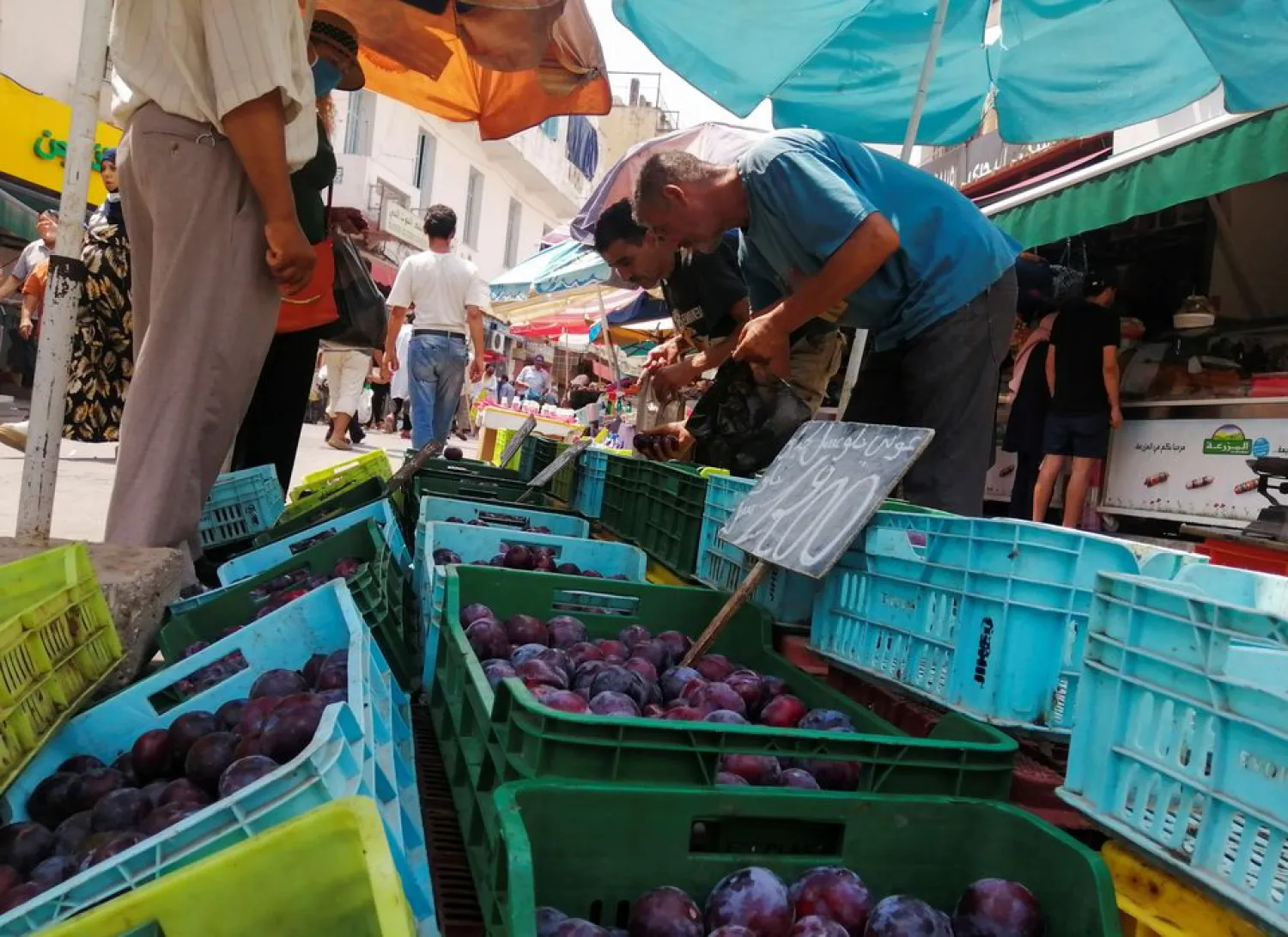Tunisia will continue to fulfill its foreign debt obligations, and it has started preparatory work for an International Monetary Fund (IMF) deal, Prime Minister Najla Bouden said on Friday, as talk of a possible default swirls among local and foreign analysts.
“The Tunisian state holds and will continue to meet its external debt obligations due to the level of Tunisia’s foreign exchange reserves,” Bouden said at an economic conference in Sousse.
The North Africa country resumed talks last month with the IMF on a loan package predicated on Tunis imposing painful and unpopular reforms.
Bouden told the conference the government had started preparing an advanced draft in order to reach a deal with the IMF that will send positive signals to partners and allow for an improvement in its credit rating.
The country is facing its worst economic crisis after its economy contracted 8.8% last year and the fiscal deficit reached a record 11.4%.
Central bank governor Maroaune Abassi said on Thursday the government hopes to reach an agreement with the IMF in the first quarter of next year on a bailout package.
He added the agreement with the IMF will be a very good sign that Tunisia will start its reforms and could push growth.
Central bank figures showed on Friday that foreign currency reserves had reached 7.02 billion, the equivalent of 119 days of imports.
Finance Minister Sihem Boughdiri said at an economic conference that Tunisia is far from rescheduling its debts within the Paris Club, despite its financial difficulties.
Tunisia was plunged in crisis in July when the president sacked the government, suspended parliament and seized an array of powers. A new government, with reduced powers, was announced in October.
The country has received economic aid from the European Union and is seeking its fourth aid program in 10 years from the IMF, aiming to receive a nearly $4 billion loan before the end of the year.









